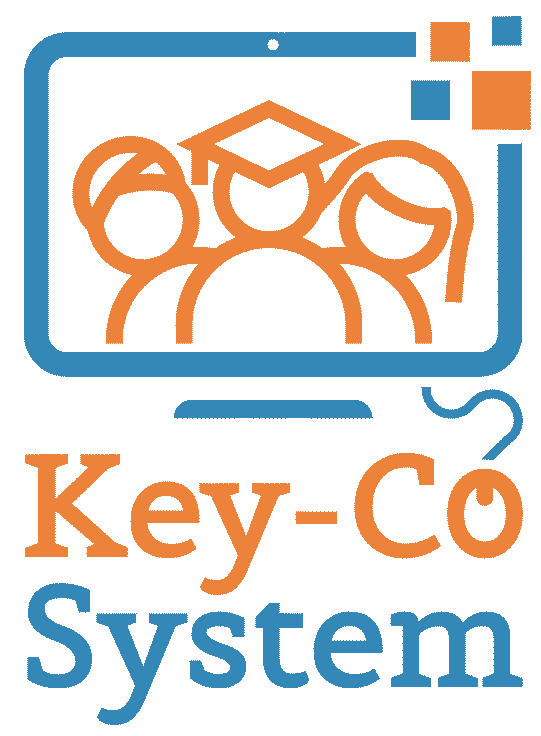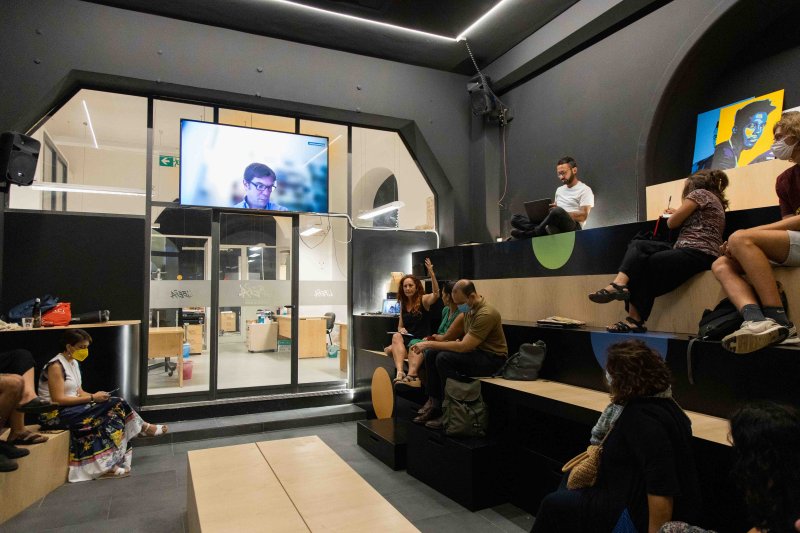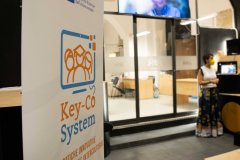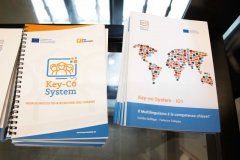Is multilingualism the key competence? The research paper by the University of Reading has been presented in Palermo, Italy

Key-Co System and the importance of multilingualism
Luglio 21, 2021
ALL IN for an education to language in its plurality
Ottobre 24, 2022“Is multilingualism the key competence?”. This is the title of the research paper that was presented in Palermo on July 13th by Federico Faloppa, professor of Italian Culture and Linguistics at the University of Reading, Clelia Bartoli, researcher at the Dipartimento di Giurisprudenza at the University of Palermo, Giuseppe Rocchè, research fellow at the Dipartimento di Giurisprudenza of the University of Palermo, and Luisa Costa, coordinator of Key-Co System project.
This paper is the result of the research work carried out by Federico Faloppa in collaboration with the five educational institutions taking part in our project: Asociación Guaraní (Madrid, Spain), Second Chance School, (Lechaiou, Greece), CPIA “Nelson Mandela” Palermo 1, CPIA Palermo 2 (both based in Palermo, Italy) and Volkshochschule im Landkreis Cham (Cham, Germany).
Key-Co System aims to strengthen educational and empowerment pathways for adult migrant learners and to improve innovative practices among teachers, educators and organizations operating in the field of adult education. Within the eight key competences identified by the European Commission, multilingual competence is the one that defines the ability to use different languages in an appropriate and effective way for communication. By facilitating and enhancing multilingualism, other key competences can be fully promoted and developed so as to increase employment, mobility and economic development opportunities for adults, especially migrants, and at the same time to foster an inclusive and cohesive society.
This research work aimed to identify gaps and inconsistencies in the current European context, to provide readers with a common terminological and theoretical background and to ask Italian and European institutions a series of questions and issues that should be addressed in order to achieve the objectives stated in the Recommendations on key competences for lifelong learning published in 2018 by the Council of Europe.
For more information on the project: www.keycosystem.eu.






